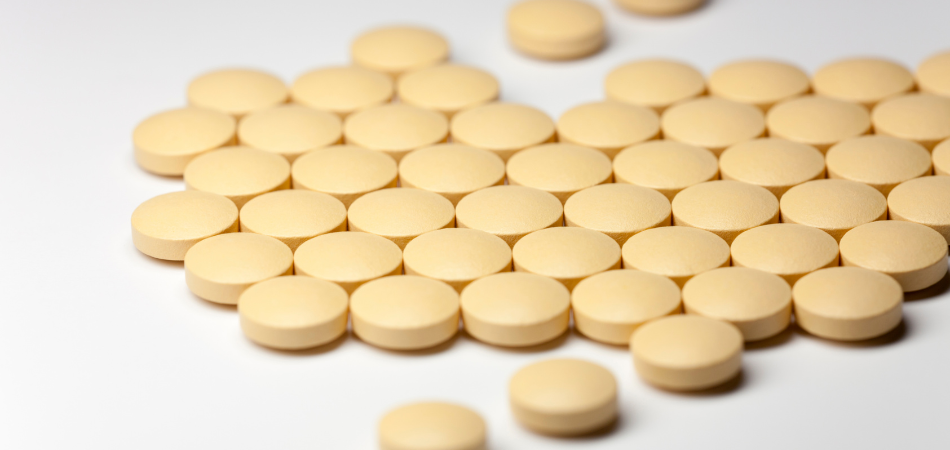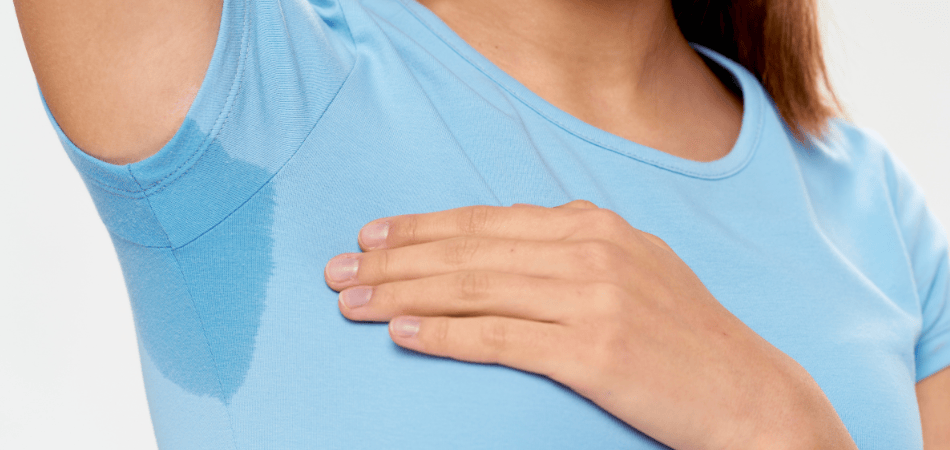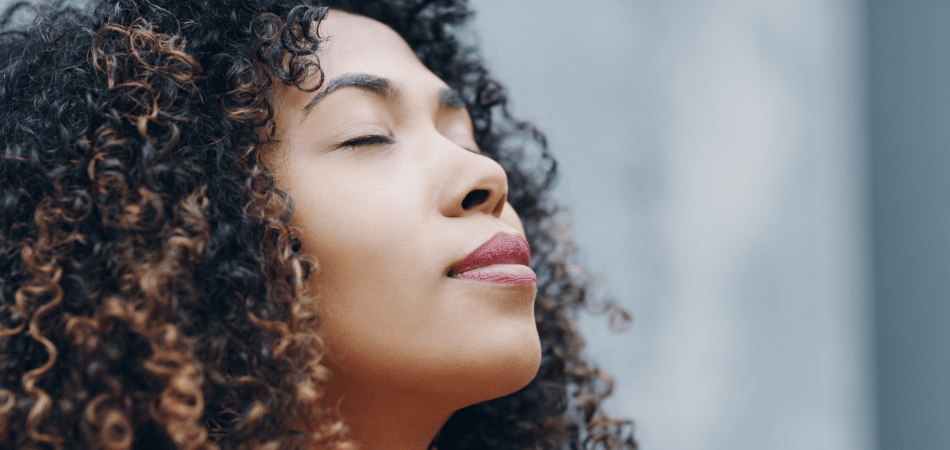PCP (Phencyclidine) addiction
Phencyclidine, more commonly known as PCP, is a powerful dissociative drug initially developed as an intravenous anaesthetic in the 1950s. It was soon discontinued for medical use after patients displayed symptoms of psychosis, severe anxiety and dysphoria but the drug went on to penetrate the party scene. Today, PCP is taken for its mind-altering and ‘dreamlike’ effects but the dangers of this hallucinogen are still very real. With regular use, PCP addiction could soon take over your life, putting your mental and physical health at risk.
If you believe that you or someone you know has a PCP addiction, Liberty House can help you to take back control and stop taking this harmful substance for good.

What is PCP addiction?
Addiction is a serious problem that can have a profound impact on the lives of those who suffer from it. PCP addiction is characterised by the often uncontrollable need to consume PCP despite recognising the detrimental effects the drug is having on your health, relationships, work and finances.
PCP works by impacting the neurotransmitter systems in the brain, preventing the absorption of dopamine, norepinephrine and serotonin and blocking NMDA (N-methyl-D-aspartate) receptors. These areas of the brain play important roles in regulating emotions, pain, sensations, learning and memory and so using PCP results in the distortion of these functions.
Over time, PCP abuse and addiction can lead to long-term changes in your brain chemistry, eventually leading to dependence as your brain begins to rely on the constant presence of PCP. Unlike some other hallucinogens, PCP has an extremely high potential for addiction and quitting usually requires specialist intervention and treatment.
Am I addicted to PCP?
Are you concerned about your PCP use but are unsure of when to seek help? If PCP is negatively impacting your life in any way, it is never too early to get help. In fact, the sooner you seek treatment, the easier your recovery will be.
It is important to be aware of the key signs of PCP addiction so that you can take action before things get out of control. Take a moment to read the following statements and see if any apply to you:
- I have tried to reduce or stop taking PCP but have found myself unable to.
- I experience strong cravings or urges to take PCP.
- I experience PCP withdrawal symptoms when I do stop taking the drug.
- My work and relationships have suffered as a result of my PCP use.
- Buying and consuming PCP takes precedence over other important responsibilities.
- My health is suffering as a result of my PCP use, including changes to sleep patterns, frequent mood swings and a decline in self-care.
If any of these statements struck a chord with you, it is possible that you have a PCP addiction. Liberty House can assist you in recovery and give you all the tools you need to overcome this dangerous condition.
The dangers of PCP
PCP can result in many serious side effects, even in small doses. Apart from experiencing a detachment from your surroundings, hallucinations and a distorted perception of reality, you may also suffer from:
- Slurred or garbled speech
- Loss of coordination
- Numbness in hands and feet
- Involuntary eye movement
- Perceived sense of strength or feeling invincible
- Increased blood pressure and heart rate
- Increased temperature
- Sweating
- Breathing problems
- Nausea and vomiting
- Drooling
- Dizziness and disorientation
- Memory loss
- Anxiety and panic
- Violent or suicidal thoughts
- Seizure
- Coma
It is not uncommon for individuals to act aggressively or recklessly while high on PCP – this can lead to highly dangerous and potentially fatal situations based on false perceptions provoked by PCP.
Combining PCP with other substances, particularly depressants like alcohol or benzodiazepines, can also prove deadly due to the effects on the central nervous system. Mixing PCP in this way puts you at risk of coma, overdose and death.
PCP detox and withdrawal
PCP detox is the first stage of recovery and refers to the natural process of eliminating traces of PCP from the bodily systems. This can be a difficult and uncomfortable time as you may experience a range of physical and psychological PCP withdrawal symptoms. It is advised that detox and withdrawal is completed under the guidance of medical professionals in an experienced rehab facility to avoid any unwanted or harmful side effects.
Typical PCP withdrawal symptoms include:
- Anxiety and depression
- Fear, agitation and mood swings
- Disrupted sleep patterns
- Restlessness
- Impaired cognitive function
- Issues with speech
- Headaches
- Weakened muscles
- Muscle tremors
- Diarrhoea
- Acidosis
- High temperature
- Hallucinations
- Seizures
The timeline for PCP withdrawal varies from person to person and depends on the extent of your PCP use, the amounts and frequency taken, the method in which it is taken and whether it has been mixed with any other drugs. While there is no exact timeline, PCP withdrawal usually lasts anywhere from a few days to two weeks. Physical symptoms are often mild and short-lived, however, in some cases, psychological symptoms may persist for some months.
PCP rehab and therapy
Just like any other drug addiction, treatment for PCP addiction requires psychological healing in order to be successful. Therapy and counselling are therefore crucial aspects of recovery, and will without a doubt represent the cornerstone to your new life. During rehab treatment, you will begin to understand the thoughts, emotions and circumstances that led you to abuse drugs. You will learn to recognise unhealthy patterns of behaviour and find better ways to cope with stress and triggers.
Liberty House offers a wide range of therapies, including:
- 12 step programme
- Dialectical behaviour therapy (DBT)
- Group therapy
- Family therapy
- Motivational interviewing
- Mutual aid and self help
- Relapse prevention
- Yoga and meditation
- Sound therapy
- Art therapy
Our client-focused treatment programme is designed to treat you as a whole, looking at the root causes of your PCP addiction as well as any co-occurring mental health disorders you may have.
Your recovery from PCP addiction will have both good and bad days, but the bad days will be markedly more manageable with the tools provided to you through therapy. Our experienced and highly knowledgeable therapist will give you the strength you need to sustain a healthier and more balanced lifestyle.
A day in PCP rehab
It is totally normal to feel apprehensive or nervous about PCP rehab and you are likely wondering what to expect from your stay at Liberty House. When you first arrive at our centre, you will be greeted by our friendly and welcoming staff. You will undergo an initial assessment to determine the best course of action as you battle PCP detox, and you will receive a timetable outlining your days.
A typical day at our facility will involve therapy sessions, workshops, lectures and other holistic activities that aim to support your PCP recovery. You are encouraged to adhere to the schedule assigned to you as this gives your day purpose and structure, preventing feelings of boredom and aimlessness which are so often linked with relapse.
You will also be provided with three nutritious meals a day that are shared in a group setting, allowing you to relax and connect with your peers. In your free time, you can take part in daily walks, game and quiz nights and TV evenings at Liberty House.
Our team strives to create a warm, safe setting for our clients – this is the ideal place for you to let go of your worries and focus on your PCP recovery.
The benefits of PCP rehab
The benefits of PCP rehab stretch not only to your physical and mental health, but also permeate your relationships, career, finances and life as a whole. Rehabilitation is a vital step in recovery from a hallucinogens addiction like this, and provides the structure and support necessary to achieve long-term sobriety.
Some of the benefits of PCP rehab include:
- Improved well-being
- Increased sense of calm
- Increased confidence and self-worth
- Ability to cope with stress
- Decreased depression, anxiety and other mental health issues
With Liberty House, you will be able to restore joy back into your life and start to rebuild everything that was lost to PCP addiction. Ultimately, PCP rehab is an investment in your health and wellbeing, and it has the potential to change your life for the better.
The next steps
While PCP addiction is a serious problem, it is treatable. With the right kind of help and support, you can recover and lead a more productive, healthy life. Taking the first step and starting rehab treatment is never easy, but it will lift the burden of PCP addiction from your shoulders and motivate you to success. With perseverance and determination, you can overcome your PCP addiction and build a better future.







